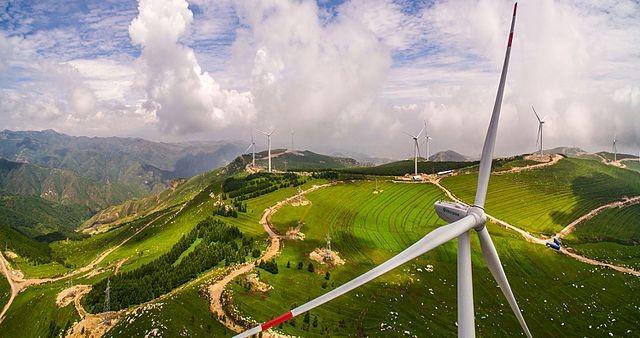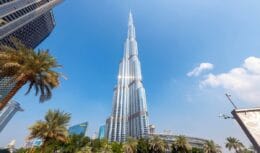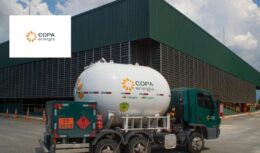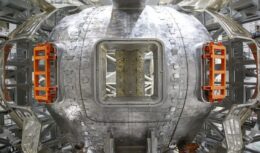
Shifting to a low-carbon economy could boost Brazil's economic growth by generating jobs and reducing carbon emissions by up to 33%
Investments in greener industry, energy and agriculture can generate empregos, according to the report published this August, could generate an extra $325-$525 billion in GDP over the next ten years for the Brazilian economy, while reversing the damage to Brazil's environmental reputation by improving access to international investments and green bonds.
Read also
- Petrobras confirms investments in the order of US$ 90 billion until 2024
- Vale is installing one of the largest energy storage systems in the country at the terminal in Rio de Janeiro
- Equinor maintains long-term strategy in Brazil and invests in solar energy projects
- Aker Solutions signs a supply contract for the Lapa field
Can the current government's Brazil be sustainable and save the economy?
Among its proposals, the WRI report encourages the recovery of degraded pastures, the construction of railroads and the installation of electric buses in Brazil's public transport system – combining long-sought goals of improving the country's infrastructure with low-carbon solutions.
The authors say low-carbon measures are more likely to be embraced by Bolsonaro now as the government urgently works to produce a workable COVID-19 economic recovery plan, noting that implementing environmental targets could open up new economic markets and create two and a half million jobs over the next decade, while boosting Brazil's tarnished international reputation, reducing the risk of future censorship and lost investment.
Higher productivity, lower carbon emissions and new jobs
Improving productivity is the cornerstone of the WRI report, as it seeks common ground between agribusiness and industrial interests and the environment and may also generate new jobs in the market.
A degraded pasture recovery program would cost $4,5 billion. According to WRI's plan, this investment could be recouped in six and a half years of increased productivity while decreasing deforestation pressures.
“The tax revenue from this investment alone would total 742 million reais (US$134 million), which could help the government with its budget deficit and even generate new job openings,” said Viviene Romero, lead researcher on the study. WRI.













Air Force F-16 fighters…
True friend, what they shot down were…
Air Force F-16 fighters…
I would like to know what planet you live on…
Air Force F-16 fighters…
Everything is fine, 100-year secrecy,…
Air Force F-16 fighters…
Well... It's flying scrap... Typical...
Air Force F-16 fighters…
Which genocide are you talking about? Than…
I am ex military
What nonsense. Deceive muggles. The government comes…
If it's true, I'll buy two a lot...
Excellent article! Now where are the quotes…
I am I am eagle
Forward Brazil
These little people... That's why transport...
I hope that the tactic of increasing…